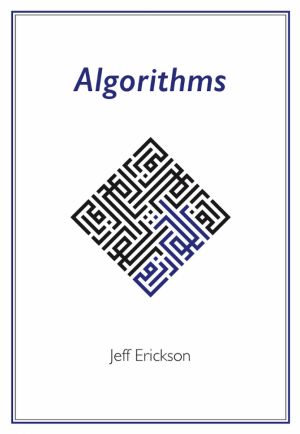
Algorithms are the lifeblood of computer science. They are the machines that proofs build and the music that programs play. Their history is as old as mathematics itself. This book is a wide-ranging, idiosyncratic treatise on the design and analysis of algorithms, covering several fundamental techniques, with an emphasis on intuition and the proble...
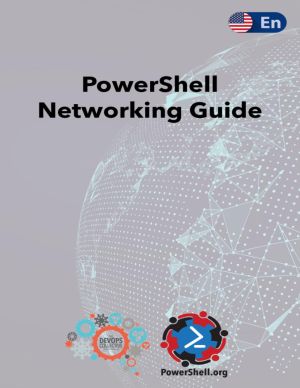
This book helps you understand how PowerShell can be used to manage the networking aspects of your server and client computers....
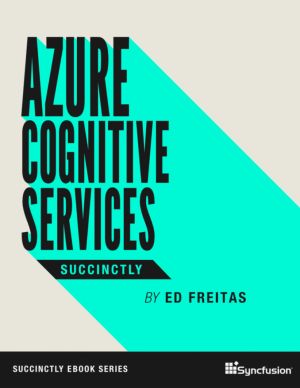
Azure Cognitive Services puts the power of AI and machine learning into the hands of software developers without requiring a PhD or years of experience in the field. With Azure Cognitive Services Succinctly, author Ed Freitas delivers an accessible guide to integrating computer vision, decision-making, speech, and more into your applications to giv...
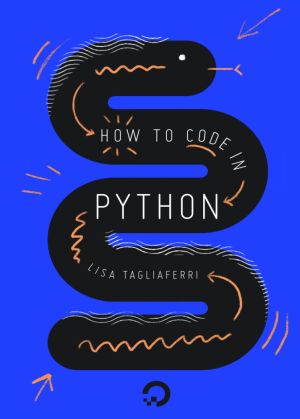
Extremely versatile and popular among developers, Python is a good general-purpose language that can be used in a variety of applications. For those with an understanding of English, Python is a very humanreadable programming language, allowing for quick comprehension. Because Python supports multiple styles including scripting and object-oriented ...
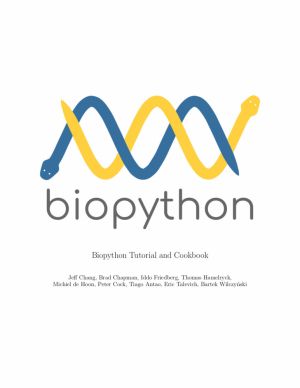
The Biopython Project is an international association of developers tools for computational molecular biology. Python is an object oriented, interpreted,flexible language that is becoming increasingly popular for scientific computing. Python is easy to learn, hasa very clear syntax and can easily be extended with modules written in C, C++ or FORTRA...
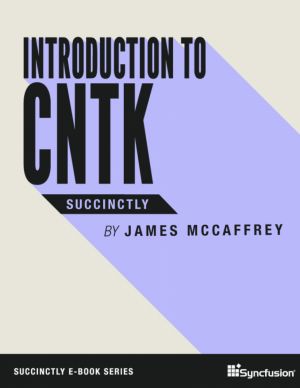
Microsoft CNTK (Cognitive Toolkit, formerly Computational Network Toolkit), an open source code framework, enables you to create feed-forward neural network time series prediction systems, convolutional neural network image classifiers, and other deep learning systems. In Introduction to CNTK Succinctly, author James McCaffrey offers instruction on...
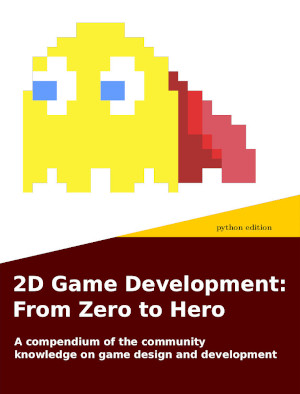
This is a small project that aims to gather some knowledge about game development and make it available to everyone.
As well as being a source of knowledge this project aims to be a learning experience for everyone involved too, by gathering contributions from the community, teaching others how to make a game, teaching algorithms but also learni...
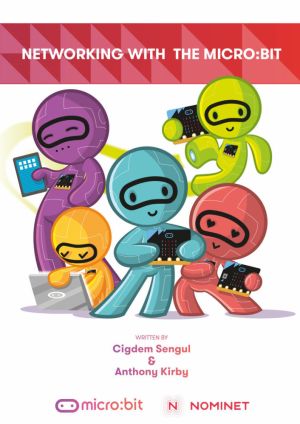
This book presents a series of activities to teach the basics of computer networks. While you will not learn all aspects of computer networking, we hope that it will serve as a good starting point.
To network micro:bits, we use custom micro:bit radio to radio communication. When one hears the word radio, what comes to mind is the radio that blas...
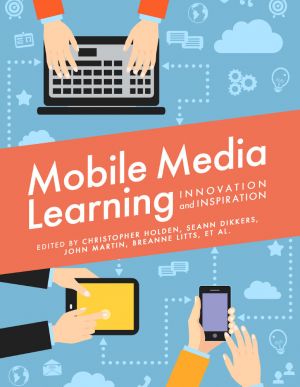
This book is an inspirational message about what is possible and practical in the name of learning through mobile media. We present stories from a diverse set of educators, a microcosm of the landscape of mobile media learning.
Each author has found a way to create something new and beautiful in their own world. And though their results are exce...
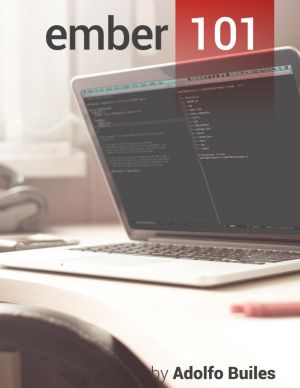
Everything you wish you had known while learning to write Ember.js applications.
If you are just getting started with Ember.js, this book is perfect for you. We'll work on a real world application (not a to-do list) that will allow you to learn Ember.js and its main features while using ember-cli. Introducing Ember-Data from the first examp...

Suppose you sit down at your computer to check your email. One of the messages includes an attached document, which you are to edit. You click the attachment, and it opens up in another window. After you start editing the document, you realize you need to leave for a trip. You save the document in its partially edited state and shut down the comput...
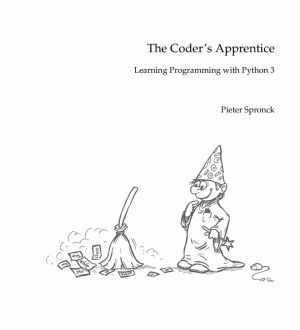
The Coder's Apprentice is a course book, written by Pieter Spronck, that is aimed at teaching Python 3 to students and teenagers who are completely new to programming. Contrary to many of the other books that teach Python programming, this book assumes no previous knowledge of programming on the part of the students, and contains numerous exer...
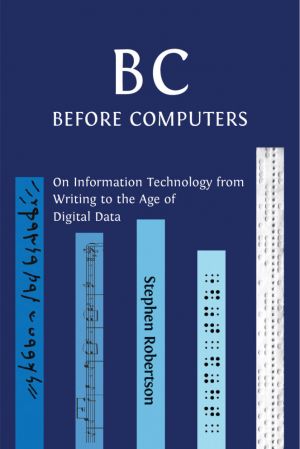
The idea that the digital age has revolutionized our day-to-day experience of the world is nothing new, and has been amply recognized by cultural historians. In contrast, Stephen Robertson's BC: Before Computers is a work which questions the idea that the mid-twentieth century saw a single moment of rupture. It is about all the things that we ...
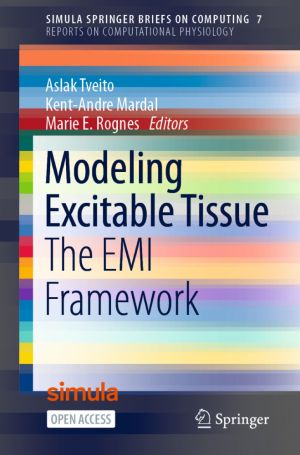
This open volume presents a novel computational framework for understanding how collections of excitable cells work. The key approach in the text is to model excitable tissue by representing the individual cells constituting the tissue. This is in stark contrast to the common approach where homogenization is used to develop models where the cells a...
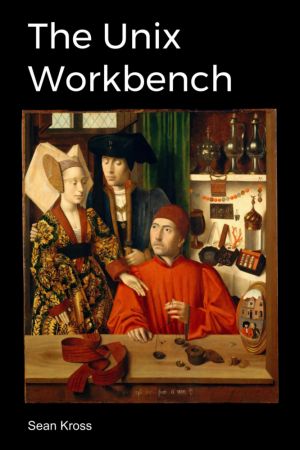
Learning the command line can be a difficult and intimidating task, but this book is designed to be your lighthouse in the modern computational storm. Unix is a 40 year old operating system that powers the internet, your phone, and the latest scientific research. This book aims to be a gateway to the world of computer programming, providing you wit...
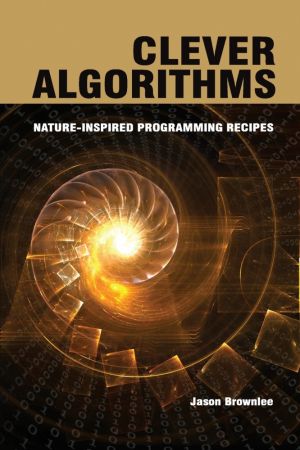
This book provides a handbook of algorithmic recipes from the fields of Metaheuristics, Biologically Inspired Computation and Computational Intelligence that have been described in a complete, consistent, and centralized manner. These standardized descriptions were carefully designed to be accessible, usable, and understandable. Most of the algorit...
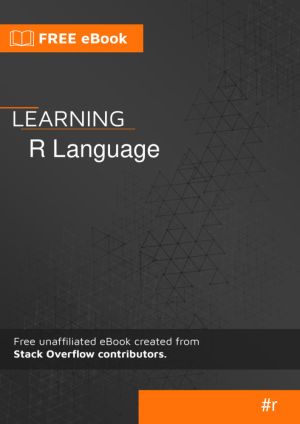
R is a programming language and free software environment for statistical computing and graphics. It is an unofficial and free R ebook created for educational purposes. All the content is extracted from Stack Overflow Documentation, which is written by many hardworking individuals at Stack Overflow....
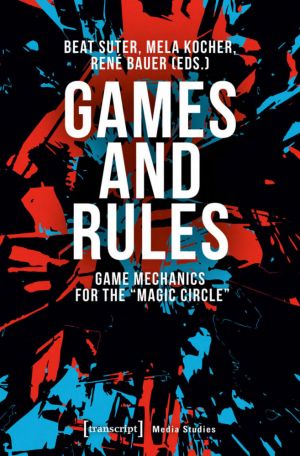
Why do we play games and why do we play them on computers? The contributors of Games and Rules take a closer look at the core of each game and the motivational system that is the game mechanics. Games are control circuits that organize the game world with their (joint) players and establish motivations in a dedicated space, a "Magic Circle,&qu...
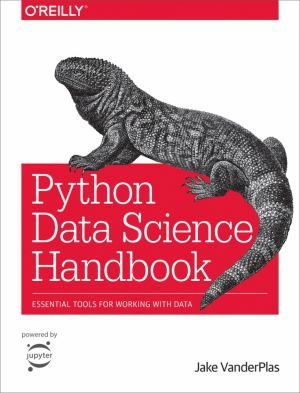
For many researchers, Python is a first-class tool mainly because of its libraries for storing, manipulating, and gaining insight from data. Several resources exist for individual pieces of this data science stack, but only with the Python Data Science Handbook do you get them all - IPython, NumPy, Pandas, Matplotlib, Scikit-Learn, and other relate...
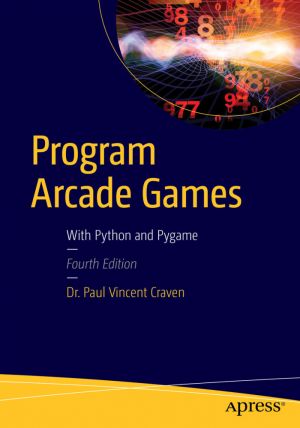
Learn and use Python and PyGame to design and build cool arcade games. In Program Arcade Games: With Python and PyGame, 4th Edition, Dr. Paul Vincent Craven teaches you how to create fun and simple quiz games; integrate and start using graphics; animate graphics; integrate and use game controllers; add sound and bit-mapped graphics; and build grid-...
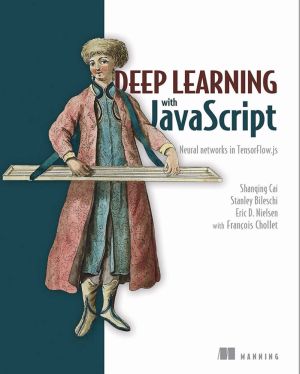
Deep learning has transformed the fields of computer vision, image processing, and natural language applications. Thanks to TensorFlow.js, now JavaScript developers can build deep learning apps without relying on Python or R. Deep Learning with JavaScript shows developers how they can bring DL technology to the web. Written by the main authors of t...
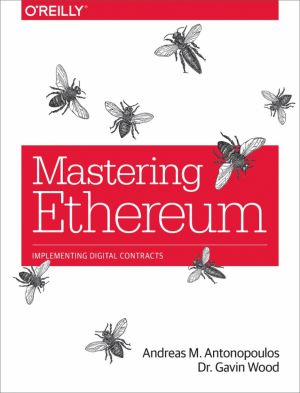
Ethereum represents the gateway to a worldwide, decentralized computing paradigm. This platform enables you to run decentralized applications (DApps) and smart contracts that have no central points of failure or control, integrate with a payment network, and operate on an open blockchain. With this practical guide, Andreas M. Antonopoulos and Gavin...
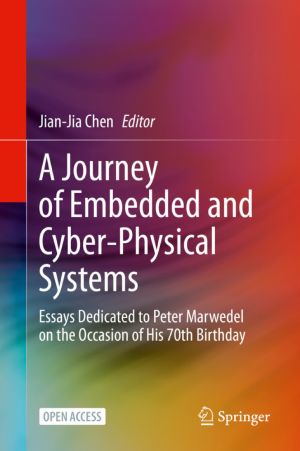
This open book celebrates Professor Peter Marwedel's outstanding achievements in compilers, embedded systems, and cyber-physical systems. The contributions in the book summarize the content of invited lectures given at the workshop "Embedded Systems" held at the Technical University Dortmund in early July 2019 in honor of Professor M...
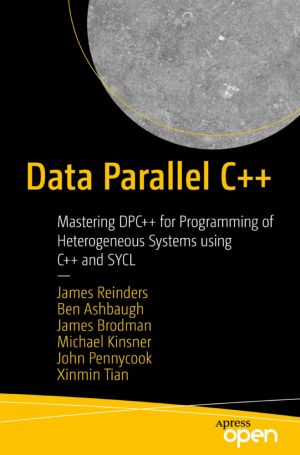
Learn how to accelerate C++ programs using data parallelism. This open book enables C++ programmers to be at the forefront of this exciting and important new development that is helping to push computing to new levels. It is full of practical advice, detailed explanations, and code examples to illustrate key topics.
Data parallelism in C++ enables...

This open book presents selected papers from International Symposium on Mathematics, Quantum Theory, and Cryptography (MQC), which was held on September 25-27, 2019 in Fukuoka, Japan. The international symposium MQC addresses the mathematics and quantum theory underlying secure modeling of the post quantum cryptography including e.g. mathematical s...
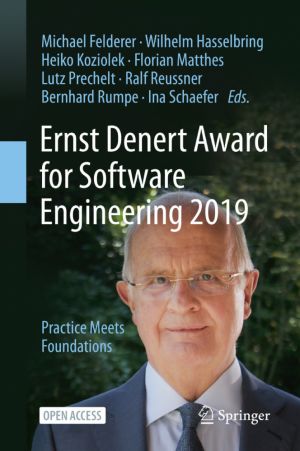
This open book provides an overview of the dissertations of the five nominees for the Ernst Denert Award for Software Engineering in 2019. The prize, kindly sponsored by the Gerlind & Ernst Denert Stiftung, is awarded for excellent work within the discipline of Software Engineering, which includes methods, tools and procedures for better an...
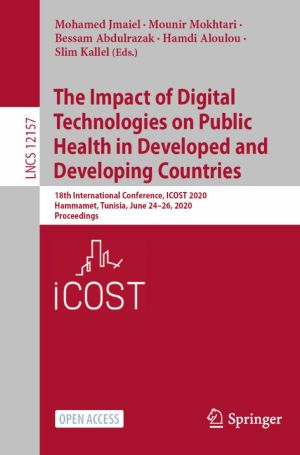
This open access book constitutes the refereed proceedings of the 18th International Conference on String Processing and Information Retrieval, ICOST 2020, held in Hammamet, Tunisia, in June 2020.*
The 17 full papers and 23 short papers presented in this volume were carefully reviewed and selected from 49 submissions. They cover topics such as: Io...
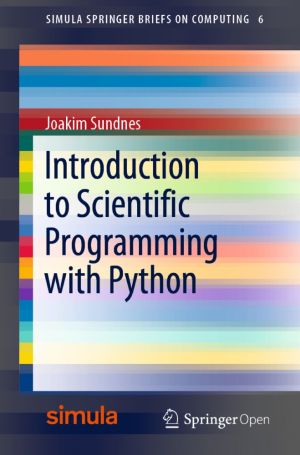
This open book offers an initial introduction to programming for scientific and computational applications using the Python programming language. The presentation style is compact and example-based, making it suitable for students and researchers with little or no prior experience in programming.
The book uses relevant examples from mathematics a...
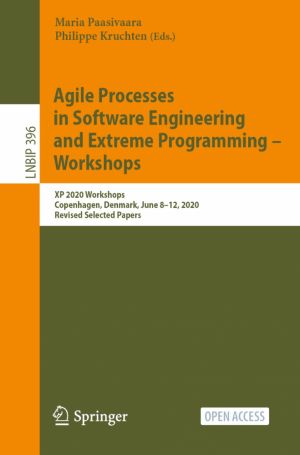
This open book constitutes the 6 research workshops, the Agile Education and Training Track, the Doctoral Symposium, as well as a panel presented at XP 2020, the 21st International Conference on Agile Software Development, which was held during June 8-12, 2020. The conference was planned to take place at the IT University of Copenhagen, Denmark. Du...
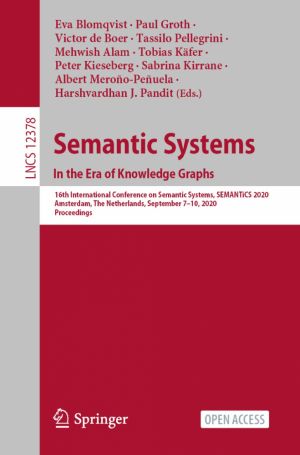
This open access book constitutes the refereed proceedings of the 17th International Conference on Semantic Systems, SEMANTiCS 2020, held in Amsterdam, The Netherlands, in September 2020....
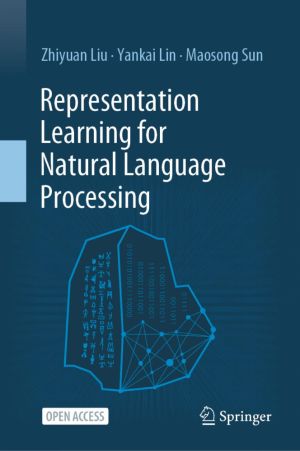
This open book provides an overview of the recent advances in representation learning theory, algorithms and applications for natural language processing (NLP). It is divided into three parts. Part I presents the representation learning techniques for multiple language entries, including words, phrases, sentences and documents. Part II then introdu...
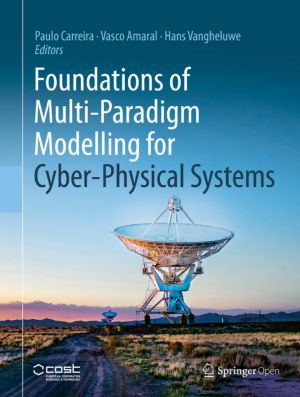
This open book coherently gathers well-founded information on the fundamentals of and formalisms for modelling cyber-physical systems (CPS). Highlighting the cross-disciplinary nature of CPS modelling, it also serves as a bridge for anyone entering CPS from related areas of computer science or engineering.Truly complex, engineered systems - known a...
